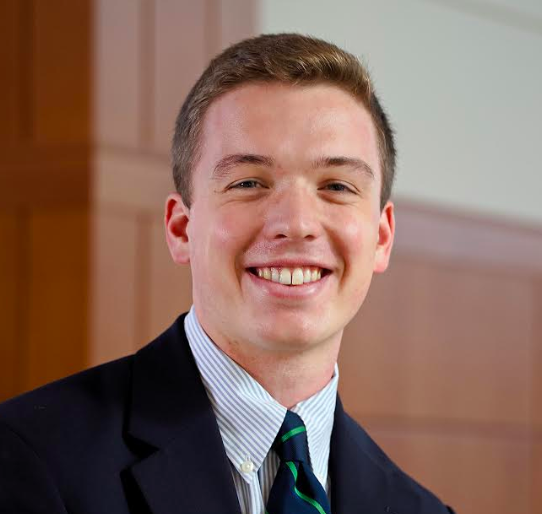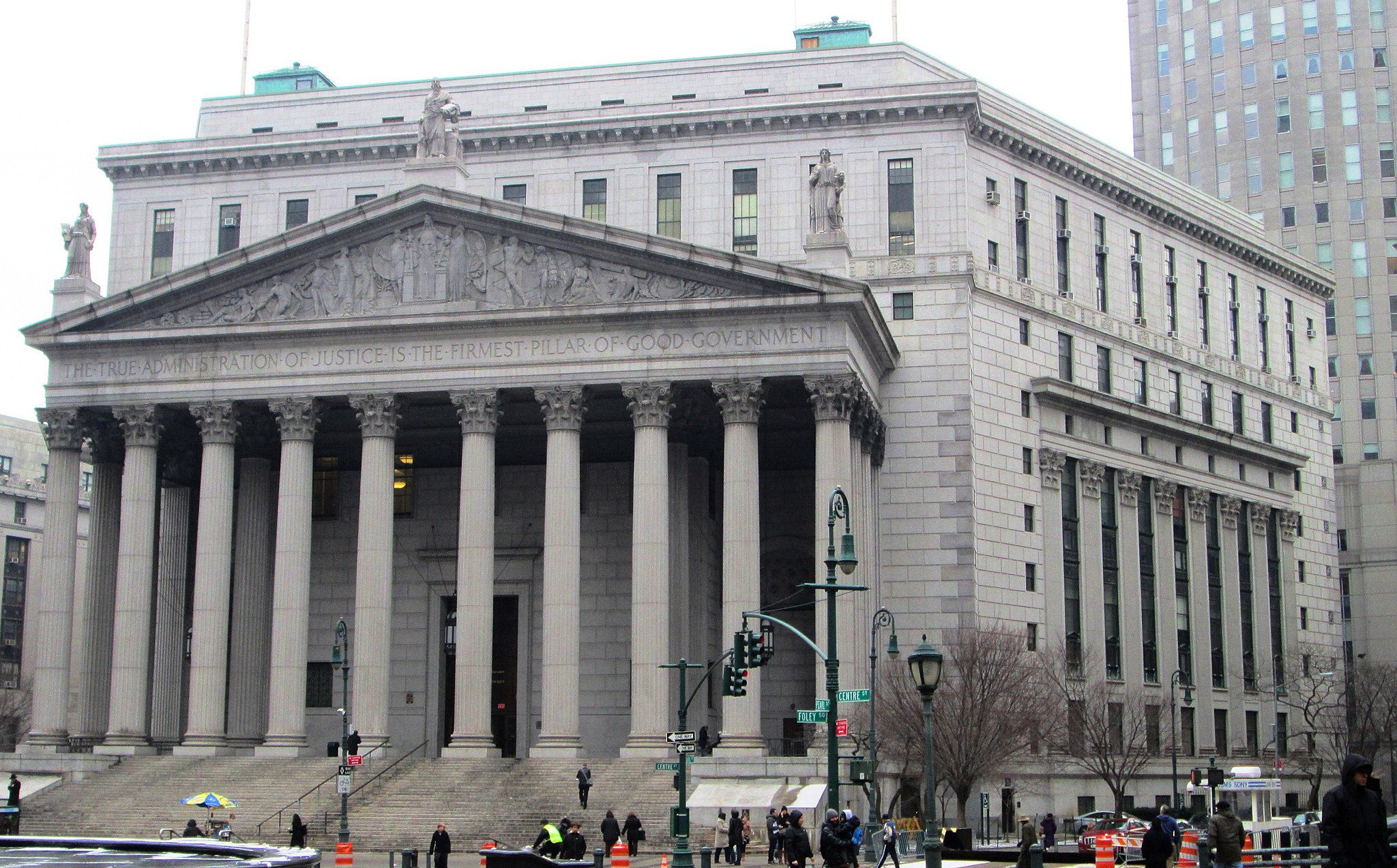Today's Headlines and Commentary
CIA director Mike Pompeo met with the heads of Russia’s Foreign Intelligence Service and the FSB—successor to the Soviet KGB—last week to discuss counterterrorism, the Washington Post reports. Current and former U.S.
Published by The Lawfare Institute
in Cooperation With

CIA director Mike Pompeo met with the heads of Russia’s Foreign Intelligence Service and the FSB—successor to the Soviet KGB—last week to discuss counterterrorism, the Washington Post reports. Current and former U.S. intelligence officials worry that Putin might interpret the meeting as an indication that the Trump administration is willing to put aside Russia’s interference in the 2016 presidential election in order to cooperate on counterterrorism. Although meetings between American and Russian spy chiefs have occurred before, past and present intelligence officials noted that they could not remember a time when this many heads of Russian espionage and security agencies came to Washington to confer with the CIA chief. The head of Moscow’s military intelligence also visited Washington last week, but no reports have yet emerged indicating that he met with Pompeo.
On Tuesday, President Trump reversed President Obama’s decision to close the detention facility at Guantanamo Bay, the Miami Herald reports. The president’s executive order gives Defense Secretary James Mattis—in conjunction with the attorney general, the director of national intelligence, the secretaries of homeland security and state, and others—90 days to draft a policy “governing transfer of individuals” to the prison. Notably, Trump’s order does not prohibit the release of detainees from the prison. Additionally, the U.S. Navy announced on Tuesday its plans to construct a new barracks complex “for 848 enlisted troops assigned to the prison staff,” the Herald reports. White House Chief of Staff John Kelly championed the project while supervising detention center operations as a Marine general, but the Obama administration refused to fund it.
Clashing publicly with President Trump, FBI director Christopher Wray condemned House Republicans’ decision to release Rep. Devin Nunes’ memo on alleged government surveillance abuses, the New York Times reports. The bureau issued a statement expressing “grave concerns about material omissions of fact that fundamentally impact the memo’s accuracy.” FBI officials have privately observed that President Trump’s support for releasing the memo puts politics before national security. For the Post, Adam Schiff, the top Democrat on the House intelligence committee, penned an op-ed on the political and security dangers of publishing the memo.
The special counsel investigation is working to secure an interview with Mark Corallo, the former spokesman for President Trump’s legal team, the Wall Street Journal reports. Corallo resigned from Trump’s team after the revelation that the president’s eldest son, Donald Trump Jr., organized a meeting between top aides from his father’s presidential campaign—among them senior adviser Jared Kushner and campaign manager Paul Manafort—and a Russian lawyer with connections to the Kremlin. An interview between the special counsel’s team and Corallo would mark the first time the special counsel investigation has questioned a previous member of Trump’s personal legal team.
An important ballistic missile defense test undertaken by the Pentagon in Hawaii on Wednesday failed, CNN reports. During the test, a missile fired from land failed to intercept the practice target fired from an aircraft. The Defense Department has not yet acknowledged the failure of the test, and Pentagon officials continue to work to determine what went wrong. The defense system tested on Wednesday is intended to intercept intermediate range missiles and constitutes a crucial piece of the U.S. military’s defense apparatus in the Pacific.
Peter Vickery, the deputy director-general of the Australian Security Intelligence Organization, stated that current levels of espionage and foreign interference exceed those witnessed at the height of the Cold War, the Journal reports. Vickery added that it is not always clear who is responsible for the interference and avoided mentioning China by name, but many Australian intelligence officials have voiced concerns about Beijing’s increasing encroachments. In a speech in December, Australian Prime Minister Malcolm Turnbull called out covert interference for which he primarily held China responsible.
ICYMI: Yesterday on Lawfare
Quinta Jurecic and Benjamin Wittes described how the heads of the congressional intelligence committees should respond to the Nunes memo.
Molly Reynolds examined the little-known House rule that enabled Congress to release the Nunes memo.
Jack Goldsmith explained the complex system of checks and balances that make the Justice Department and the FBI simultaneously independent of and accountable to the president.
Megan Reiss argued that Congress should exercise its oversight role and closely examine the Trump administration’s claim that additional sanctions on Russia are unnecessary.
Responding to a Politico report that the Obama administration took a soft posture towards Hezbollah during the Iran deal negotiations, Daniel Byman voiced his skepticism about the expansive claims made in the article and addressed some of the important questions it raised.
Goldsmith highlighted five articles in the fall issue of the Harvard National Security Journal that might interest Lawfare readers.
J. Dana Stuster posted this week’s Middle East Ticker, discussing U.S. policy in Syria, Egypt’s upcoming presidential election, and the fracturing of the pro-government coalition in Yemen.
Vanessa Sauter shared the Lawfare Podcast—a recording of CIA director Mike Pompeo’s speech last week at the American Enterprise Institute on the state of the CIA.
Stewart Baker posted this week’s Cyberlaw Podcast.
Email the Roundup Team noteworthy law and security-related articles to include, and follow us on Twitter and Facebook for additional commentary on these issues. Sign up to receive Lawfare in your inbox. Visit our Events Calendar to learn about upcoming national security events, and check out relevant job openings on our Job Board.


.jpg?sfvrsn=31a7c788_5)


